Surgery is only a tool for weight loss. How a patient uses that tool is what counts. All procedures restrict the amount of food an individual can consume therefore food needs to be full of nutrients. Each bite counts when is comes to meeting daily nutrition requirements. The goal of Bariatric Bits is to help patients choose the best food to meet their nutritional needs after weight loss surgery. This post discusses the diet stages after weight loss surgery.
Preoperative Diet
Many bariatric surgeons and surgery centers will ask patients to lose some weight prior to surgery. The amount may be dependent on the surgeon's preference and/or the patient’s situation (body composition, BMI, other health-related issues, and health insurance requirement).
Many patients will be asked to follow a very low-calorie diet (VLCD) 1-2 weeks prior to surgery in order to promote shrinkage of the liver. Many individuals with BMI over 35 have fat accumulated on their liver. This fat accumulation causes the liver to often be enlarged and stiff. The enlargement causes the liver to spread across the abdomen. The liver can then block the area in which the surgeon needs to work. Since fat accumulation can make the liver stiff, moving the organ will be difficult.
A very low-calorie diet, low in carbohydrates and fat, promotes fat loss around the liver. This will help shrink the liver in some patients and help loosen it, making lifting the organ easier and safer.
The pre-operative diet will vary among surgeons and surgical practices. Commonly this diet consists of liquids, including protein shakes, and sugar-free clear beverages. The diet may be as strict as drinking 3-5 protein shakes per day and drinking clear sugar-free liquids with no solid food permitted. Some practices may allow non-starchy vegetables, yogurt, lean proteins, and/or fruit. Always follow the instructions given to you by your surgical team.
Postoperative Diet
The diet postoperatively varies among surgery centers. Many follow the same protocol, however, may vary in the length of time their patients need to follow each phase or stage. Always progress as instructed by your surgical team. Never advance on your own unless your surgeon allows this. The post-operative diet phases/stages are designed to allow healing. You may feel completely normal, but this may not be the case internally. Advancing too quickly can lead to complications.
The general progression is as follows:
Clear liquids: Stage/Phase 1 (3-7 days) sugar-free liquids that you can see through
This is the initial stage following surgery. In this stage, you will have the most swelling internally at the new connected sites, which of course vary depending on your surgery. Nothing thicker than water should go down to your stomach. Liquids are considered clear when you can see through them when held up to light. You should sip your liquids slowly as you will fill up very quickly. Many patients can only handle 2-4 ounces per hour. Those 2-4 ounces may take 1 hour to be finished. If you drink too fast you may feel nausea and/or discomfort. Vomiting may result.
Common Liquid Choices:
Water
Flavored Water: Propel, Hint
Crystal Light
Sugar-free Jello
Chicken, beef or vegetable broth
Decaffeinated tea or coffee without cream or milk
Sugar-free water ice or popsicles
Full liquids Phase/Stage 2 (3-7 days)
In this phase liquids that are thicker and not “see-through”, often called full liquids, are allowed. Milk is an example of a full liquid.
Common Choices:
Milk
Soy milk (check the sugar content)
Almond Milk (check the sugar content)
Yogurt (without fruit)
Sugar-free pudding
Strained cream soup
Thin cream of wheat or grits
Cottage cheese
Pureed Phase/Stage 3 (1-2 weeks)
This stage is the most challenging. Protein foods are incorporated, however, needs to be very soft, “baby food like”, without pieces. Food literally needs to be smooth enough to slide down. into the stomach.
Common Choices
Scrambled eggs
Cottage Cheese
Yogurt
Mashed tuna salad (with “light” mayo)
Mashed chicken salad (with “light” mayo)
Mashed beans
Tofu
Pureed chicken, turkey, fish
Soft Food Phase/Stage 4 (1-3 weeks)
This stage incorporates soft solids (food should be soft enough to be easily mashed with only a fork). Protein should be the focus of each of three meals. Often ¼ cup is the serving size per meal.
Common Choices
Soft chicken, turkey (ground)
Fish, Crabmeat
Luncheon Meats
Beans
Tofu
Well cooked vegetables
Potato
Soft fruit (banana, watermelon, canned fruit in water or no sugar added juice)
Crackers may be added (try crackers that mush easily in your mouth)

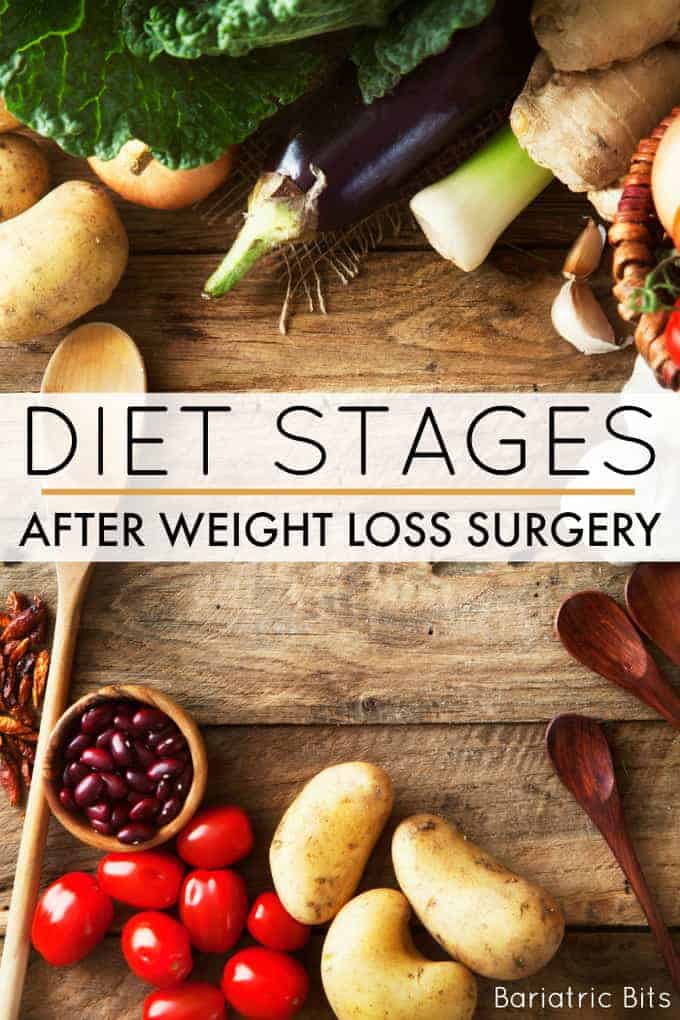
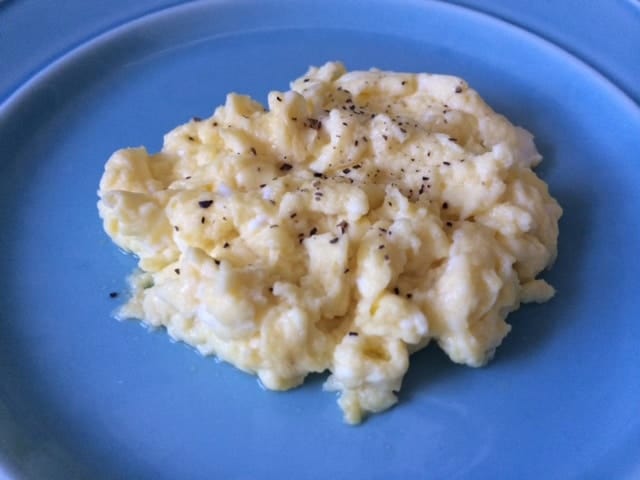
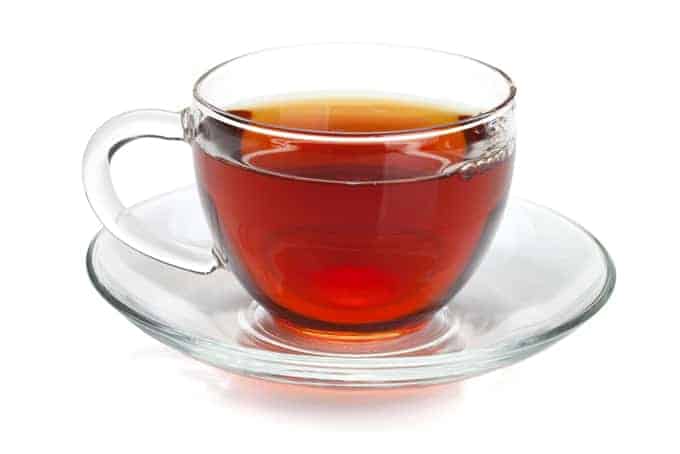
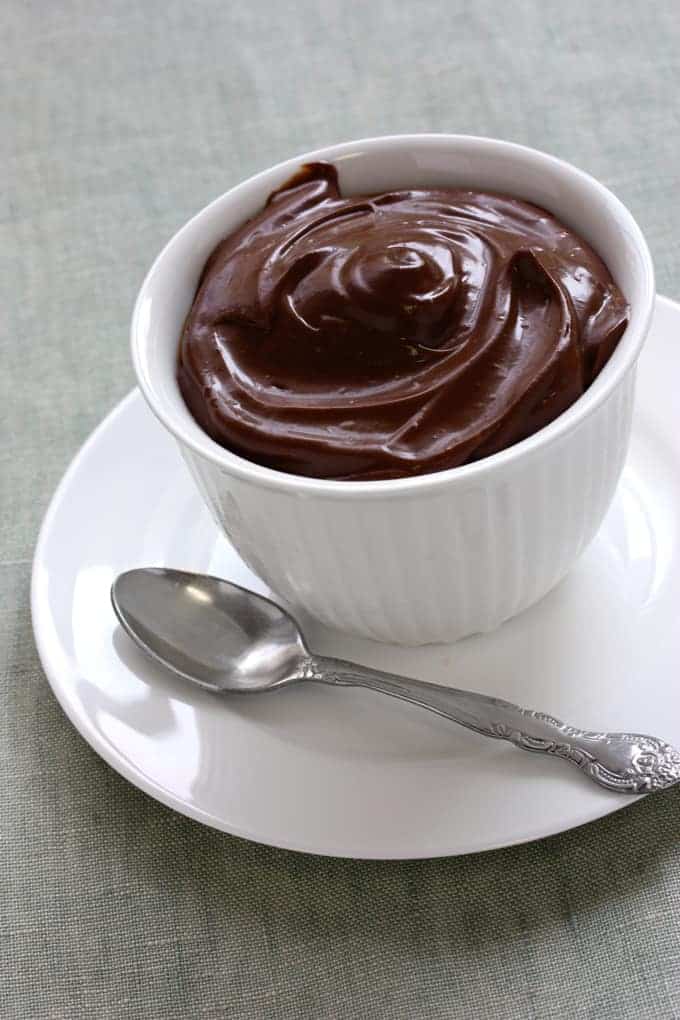
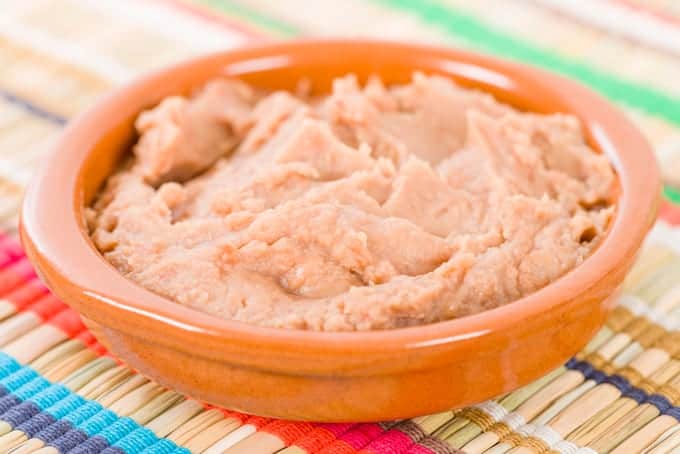
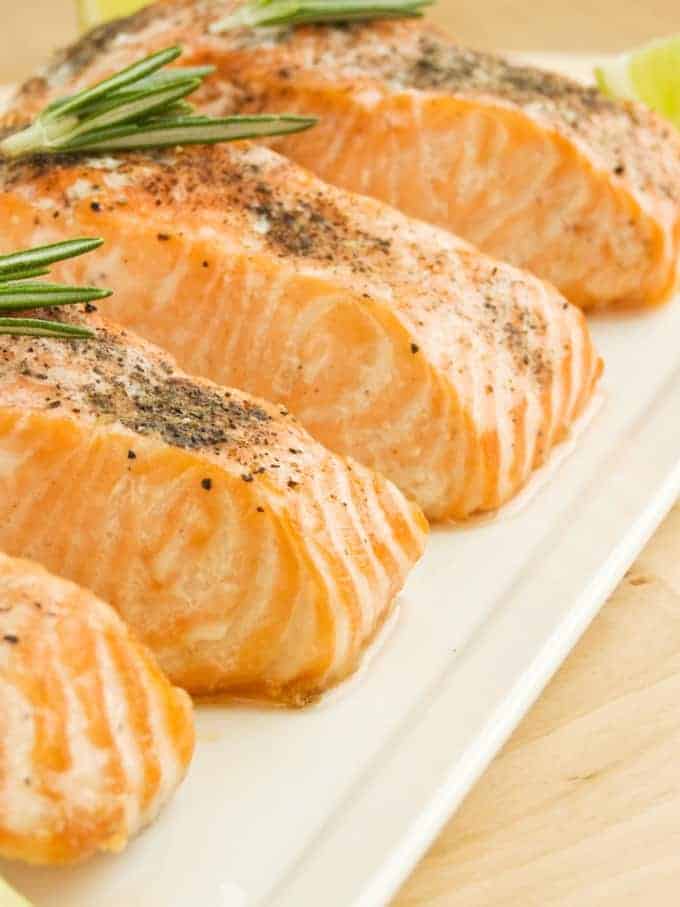
Janet Horwith says
As I am preparing to meet with my surgeon next week, I'm doing my "homework" to ready myself should questions arise. Thank you for this veritable treasure chest of information! You have touched on subjects that I hadn't even contemplated, what an eye opener. The most difficult part for me will be slowing down, I eat at the speed of light and I also tend to take a beverage with meals. I am trying to remedy both these nasty habits well before my surgery.With over 100lbs to loose, I want to make sure I am doing things correctly. Thank you for the superb and very well written formats. I am grateful and will reference your site from here on. Thank you again!
Jennifer Pullman says
Thank you, Janet, for the kind words. This is why I started the blog. If I can help just one person feel more prepared for surgery then I have done my job. Good luck to you and thanks for stopping by.
Mary Jane Gould says
I had my weight loss surgery in 2012. I lost 130 pounds from 230 to about 110...I need to know what foods I eat because I crave some foods and then when I eat them I go right to the bathroom.
Thank you for your help.
Mary Jane Gould
Jennifer Pullman says
What food exactly do you crave? What sends you right to the bathroom?
Nancy hill says
I had bypass surgery in 2014. I still have difficulty with chicken beef and pork most of the time and forget pasta. However fish and seafood is always fine . Is that ok?
Jennifer Pullman says
Seafood and fish are absolutely fine. Not only it is a great source of protein, but also seafood in general is lower in fat and also has other health properties.
Chimene Boyes says
im 3 weeks post op and I'm having lots of nausea. I was told that I could have mashed fish but in particular tuna/salmon makes me EXTREMELY SICK even vomiting
Any suggestions"?
Jennifer Pullman says
Sorry for the late response. I hope you no longer have nausea and hope you reached out to your surgeon. Often nausea is caused by eating too much or too fast. If you were on the pureed stage during week 3, fish is likely too flakey. Just mashing fish is not the same a pureeing it. To puree you need some liquid to make the food smoother.
Laura Rivera says
I had my surgery 2019 and I was 300 and I am down to 185 and I am stuck on my weight now and I still eat vegetables no paste now rice no bread and fruits and cottage cheese and drink tea and coffee without cream and no sugar so what am I doing wrong to pick up me losing more weight I want to get to 150 no smaller then that please any suggestions thank you so much.
Jennifer Pullman says
Hi Laura. Have you reached out to the dietitian at your surgeon's office or a dietitian in your area? A dietitian can help you look at the big picture and find ways to help restart your weight loss. A good place to start is to log your meals in an app like Lose it or My Fitness Pal to see if you are meeting protein needs and how many calories you are taking in. Also, are you exercising? If you are has your routine changed at all?
DeeDee says
Hello Jennifer, I had gastric bypass in September 2014. I was 275 and my low was 148, I am best about 154. In the last few years I have gained back to 211. I need to get this weight off so I don’t blow out both my knees from knee surgery. Does it work to do the weight loss diet in reverse. Starting with a cup of regular food and going backwards through the 4 phases of the gastric bypass surgery diet 4,3,2,1. I’m wondering if I do this if I can decrease my cravings. Thank You
Jennifer Pullman says
Any reduction in calories will work. Many patients go back to the Pre-op diet rather than the pureed stages after surgery. What happens though went you get back to regular food. What would be better is to keep a food journal and take a look at where extra calories are coming from that maybe you can reduce.
Cyndee says
I had my gastric bypass May 18, 2004. I weighed 376 pounds on the day of my surgery. I currently weigh 134 pounds. I have had a lot of issues with my B12, Calcium, and Protein being really low. I have tons of extra skin hanging, unfortunately my insurance doesn't pay for skin removal and I cannot afford to pay all the money for it myself. My question is, is there any way to get insurance to help pay for skin removal?
Jennifer Pullman says
You would have to talk to a plastic surgeon in your area. Most insurances don't cover hanging skin unless a doctor can prove that it's causing other issues like pain, rashes, and/or skin infections.
Christopher Walton says
Thanks for these recipes. I just had my surgery a week ago and they just gave very bland foods you can eat but not telling if you can mix with other things to make it fun. You have done that for me.
Thanks
Staci Weaver says
I am 4 months post-op, I have lost 36 pounds of the 50lbs of my goal. Recently I have been experiencing a hard ball just below the center of my ribs under my chest. It was happening occasionally. Now I get it everyday, and it takes many hours to subside, sometimes it last for days. Any idea what this is?
Jennifer Pullman says
This is something you should discuss with your surgeon.
Becky says
One month 1 week post op and feeling stuck. I lost twenty five pounds but the last week I have stayed the same. Am I doing something wrong?